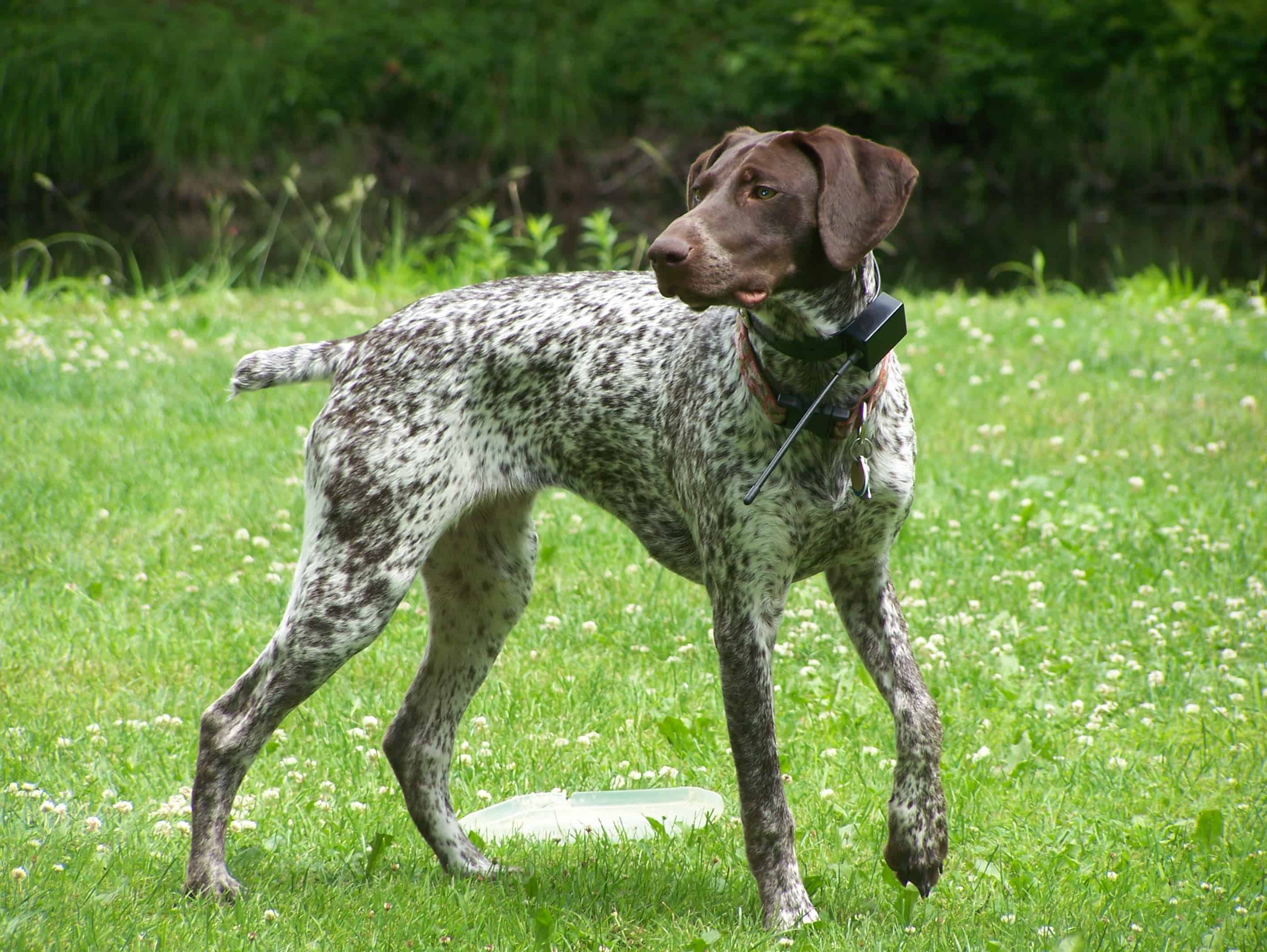The Complexities of German Shorthaired Pointers and Their Imperative for Socialization
German Shorthaired Pointers (GSPs), renowned for their versatility in the field and affectionate nature at home, present a unique paradox amidst their desirable traits. While highly intelligent and eager to please, their inherent energy and strong prey drive necessitate a deliberate socialization process for harmonious coexistence and well-being.
The Unwavering Need for Socialization
GSPs are innately driven to chase and hunt, a legacy from their working lineage. However, this instinct can manifest as undesirable behaviors in the absence of proper socialization. Lack of early exposure to diverse environments, people, and other animals can lead to fear or aggression, compromising their quality of life and posing potential risks.
Socialization involves exposing puppies to a wide range of controlled and positive experiences. By introducing them to new sights, sounds, smells, and social situations, owners can shape their dogs' behavior and foster their adaptability. Proper socialization also helps prevent isolation anxiety and destructive tendencies that can arise from boredom or lack of mental stimulation.
Understanding the Unique GSP Traits
GSPs possess specific characteristics that warrant tailored socialization techniques. Their high energy levels demand ample opportunities for physical and mental exercise. Engagements in activities such as fetch, agility training, or organized sports help channel their boundless energy. Additionally, providing interactive toys and puzzle feeders stimulates their minds, preventing boredom and destructive behaviors.
Their strong prey drive requires responsible management. Supervised interactions with other animals, particularly small pets, are crucial to teach them appropriate behaviors. Owners should avoid reinforcing inappropriate prey responses and provide positive reinforcement for desired actions.
Perspectives on Socialization
The importance of early socialization for GSPs is widely recognized, yet there are varying opinions on the optimal approach. Some experts advocate for intensive socialization during the puppyhood period, while others emphasize the importance of ongoing socialization throughout the dog's life. Regardless of the chosen approach, consistency, patience, and positive reinforcement are essential to achieving the desired outcomes.
One perspective suggests that socialization should be initiated as early as 8-12 weeks of age, during the puppy's critical socialization period. This time frame allows for optimal learning and acceptance of new experiences. Proponents of this approach argue that early socialization helps prevent behavioral problems and promotes a balanced temperament.
Another perspective advocates for ongoing socialization throughout the dog's lifetime. This approach recognizes that dogs' needs change as they mature and that new experiences and challenges arise over time. Supporters emphasize the importance of maintaining a positive and consistent socialization routine to reinforce appropriate behaviors and prevent regression.
Implications for Breeders and Owners
Breeders play a crucial role in the early socialization of GSP puppies. By exposing puppies to a variety of environments and experiences, breeders can provide a strong foundation for future socialization efforts. Responsible breeders will initiate socialization practices during the early weeks of life, ensuring that puppies are well-prepared for their new homes.
Owners bear the ongoing responsibility of continuing and reinforcing the socialization process. They must provide consistent opportunities for their dogs to interact with people, animals, and different environments. Training, exercise, and enrichment activities are essential components of maintaining a balanced and well-socialized GSP.
Conclusion
German Shorthaired Pointers are wonderful companions, but their unique traits demand a thoughtful socialization process. By understanding their innate needs and implementing consistent and positive socialization techniques, owners can foster well-rounded, happy, and well-behaved GSPs. The complexities of this breed underscore the importance of responsible ownership and a commitment to their lifelong socialization.
The implications of these findings extend beyond the well-being of GSPs. By promoting responsible socialization practices, we enhance the bond between dogs and their owners, create safer communities, and contribute to the overall welfare of our canine companions.
Why Rottweilers Are Known For Their Confidence
The Bulldog’s Famous ‘Smush Face’: Fun Facts
The Physical Strength Of German Shepherds: Fun Facts



